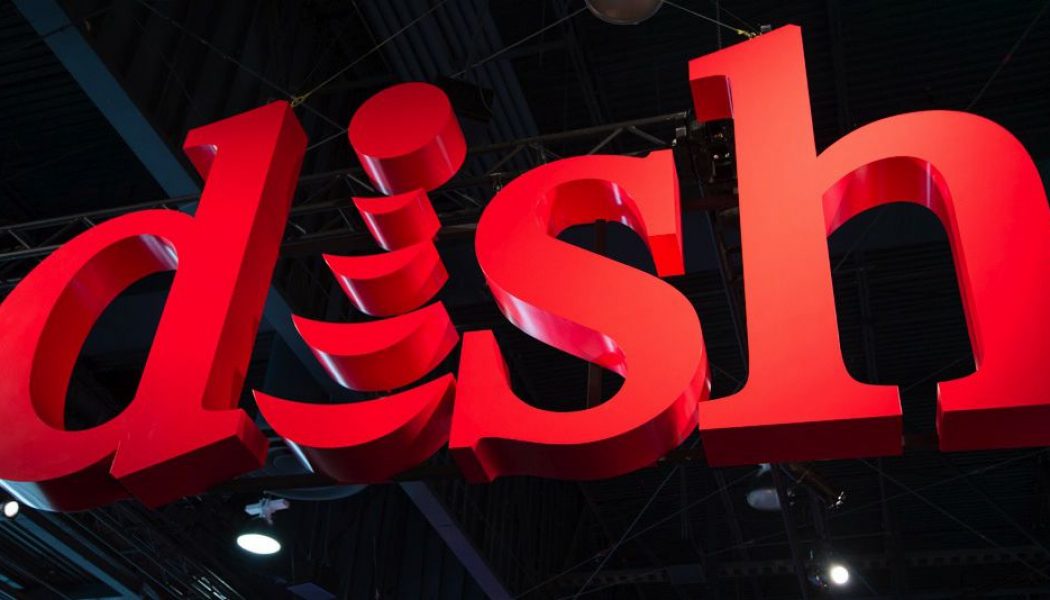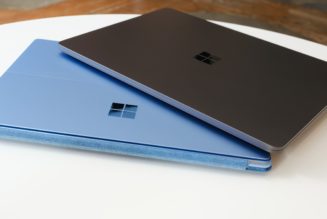
Dish Network issued a new letter to the Federal Communications Commission this week, as reported by Axios, highlighting the urgent situation it faces if T-Mobile moves ahead with its planned January 2022 CDMA network shutdown. “We believe that T-Mobile’s actions raise significant competition and public interest concerns,” the letter states. It would be a blow to Dish’s business, but most importantly, millions of Boost Mobile customers would feel the impact as a result.
Boost Mobile, a former Sprint MVNO sold to Dish as part of T-Mobile’s acquisition, serves 9 million customers. According to the letter, more than half of them rely on CDMA service. Its prepaid service is an accessible alternative to contract plans for low-income customers; there’s no credit check required or even a credit card. Customers can pay for phones and service at retailers like Walmart and top them off as needed.
It makes for an appealing service if the costs and contracts of major carrier plans are prohibitive, but it’s also what makes migrating these customers to a newer network uniquely challenging. Boost customers may not necessarily even have an email registered with the company, and those still using slower 3G CDMA devices are likely doing so not because they prefer it, but because they can’t afford a new phone. In less than a year, they’ll be forced to choose between making that purchase or losing their current cell service altogether.
Bearing disproportionate effects of the pandemic and related economic fallout, it’s likely not a great time for these customers to be shopping for a new phone. Dish also points out that the global chip shortage makes it an especially bad time to try to secure a large number of new devices for customers. Overall, the company’s letter to the FCC makes quite clear how dire the situation is in its view: “A forced migration of this scale under this accelerated time frame is simply not possible and will leave potentially millions of Boost subscribers disenfranchised and without cell service come January 1, 2022.”
As part of the Sprint merger, T-Mobile agreed to help set Dish up as the US’s fourth wireless carrier, and selling the prepaid Boost business to Dish was one step in that plan. However, in late 2020, T-Mobile notified Dish that it would be shutting down the CDMA network that many Boost customers use in early 2022, several years earlier than Dish had anticipated. It’s a move the company has been quick to call anti-competitive, both in previous communications and in this latest letter to the FCC.
T-Mobile doesn’t see things the same way. It isn’t technically violating the agreement by doing so, and in the company’s view, it has given Dish plenty of notice. Here’s what it had to say in a statement on the matter:
Everything we are doing here is exactly consistent with the agreement that DISH made with us a year and a half ago, and we have been very proactive and transparent about the timing for this transition with all of our MVNOs, including DISH. We gave DISH notice in October 2020 for a January 1st 2022 transition – far more than the required 6-month contractual agreement. Our agreement with DISH is also clear that they are responsible for migrating Boost customers, just as we are responsible for migrating Sprint customers, and we are confident that DISH is already making plans to take good care of their impacted customers prior to the transition date. Given the advance notice that they received, just a small percentage of Boost customers should need to upgrade their handsets by the end of this year, and typically those customers would be supported with incentives and promotions to get their handsets upgraded.
In fact, the company is taking a kind of victory lap on the anniversary of the acquisition with a new post on its blog, celebrating the 5G network it’s been able to build with Sprint’s former spectrum. Based on the tone of this latest letter to the FCC, it’s a celebratory mood that Dish certainly doesn’t share.










